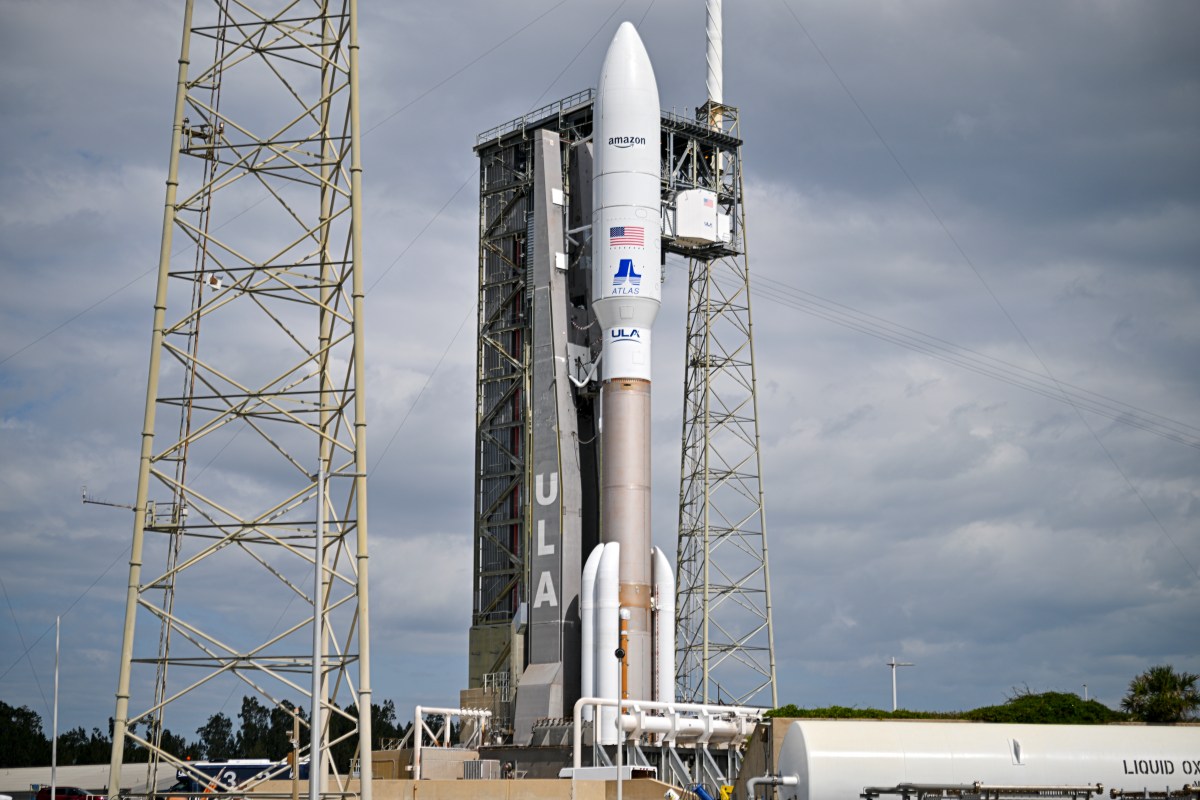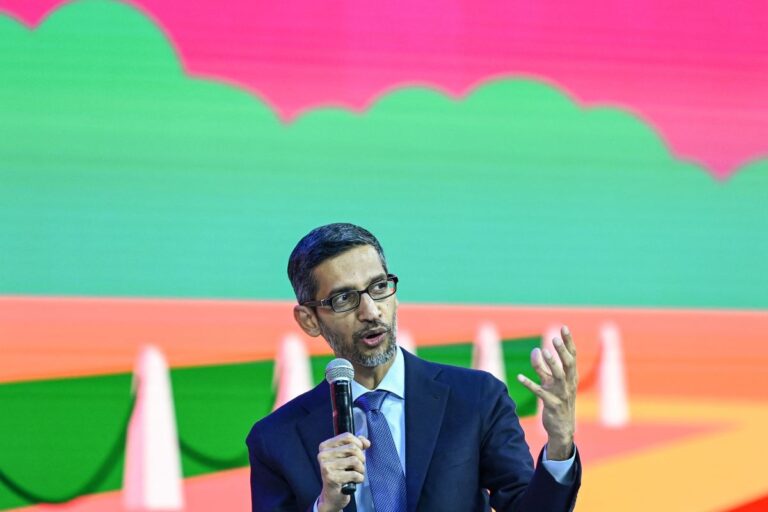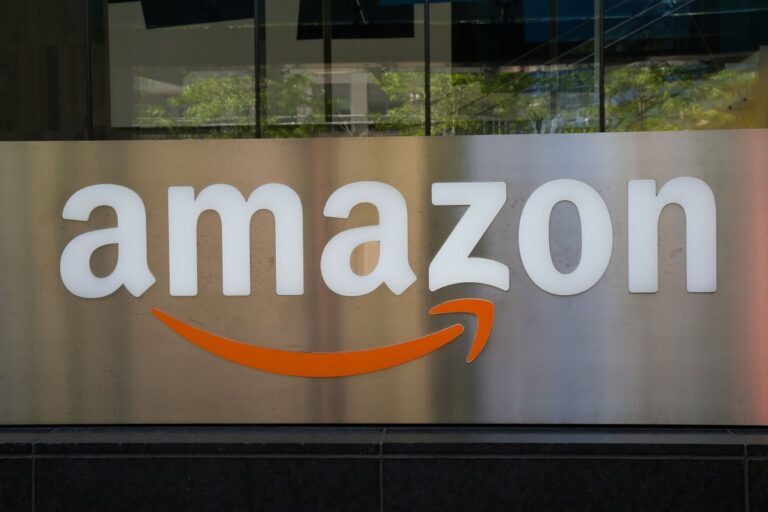Amazon’s Starlink Rival Faces Production Setbacks: What You Need to Know
Amazon’s Project Kuiper, a groundbreaking initiative aimed at providing high-speed internet via a satellite network, is currently facing significant production challenges. According to a recent report by Bloomberg, the project has only managed to produce a limited number of satellites, highlighting concerns about its ability to compete with established players like Elon Musk’s Starlink.
Challenges Facing Project Kuiper
As Project Kuiper aims to launch a fleet of satellites into low-Earth orbit, it is essential for Amazon to address several critical hurdles:
- Low Production Rates: The project has completed only a handful of satellites, which is far below the required output.
- Government Deadlines: To comply with regulatory requirements, Amazon must launch 1,600 satellites by next summer, necessitating a fourfold increase in production speed.
- Launch Delays: Compounding the issue, Kuiper’s satellites have experienced difficulties securing launch opportunities due to frequent delays in the space industry.
Comparative Analysis with Starlink
In contrast to Amazon’s efforts, Starlink has successfully deployed approximately 8,000 satellites and boasts a customer base exceeding 5 million users. This significant head start raises questions about Kuiper’s ability to catch up in the competitive satellite internet market.
Next Steps for Project Kuiper
To overcome current setbacks, Amazon will need to:
- Enhance satellite production capabilities.
- Secure reliable launch schedules to avoid further delays.
- Implement strategies to attract potential customers amidst fierce competition.
Looking ahead, the success of Project Kuiper is crucial not only for Amazon but also for expanding internet access to underserved regions. As the company navigates these challenges, industry watchers will be keen to see how it adapts and responds to the pressures of the market.
For more insights on satellite internet technology, visit our satellite internet technology page.







